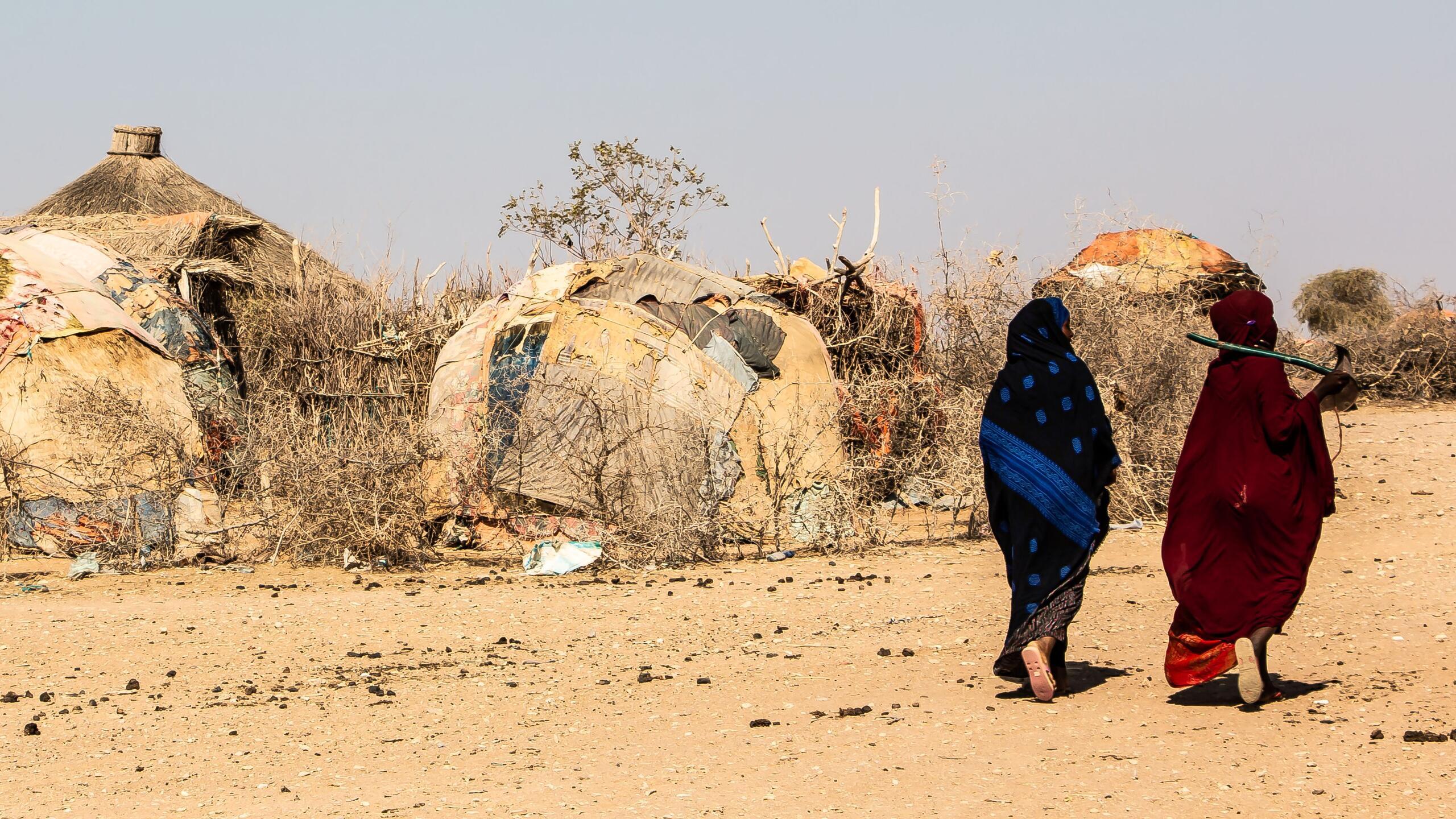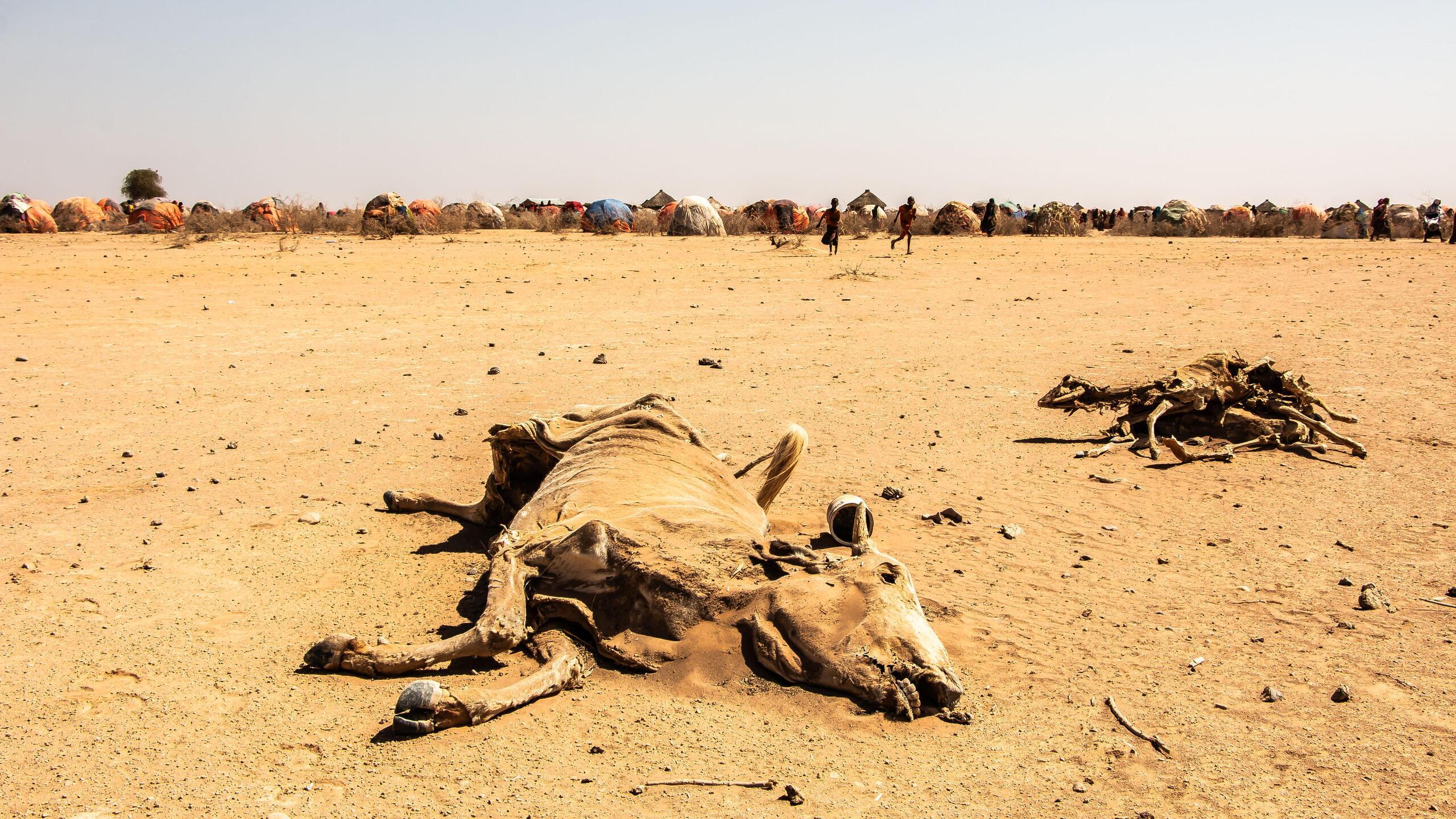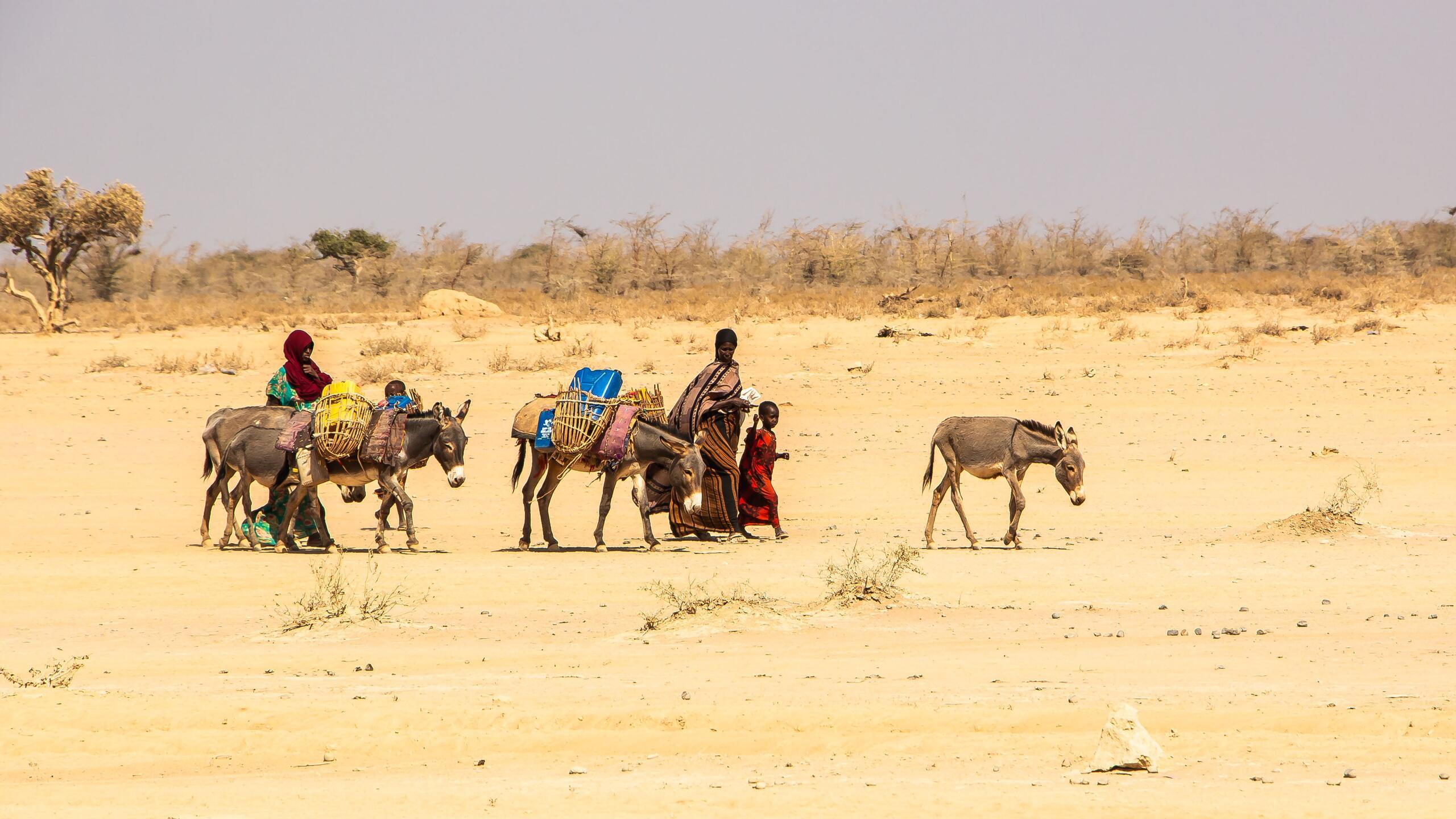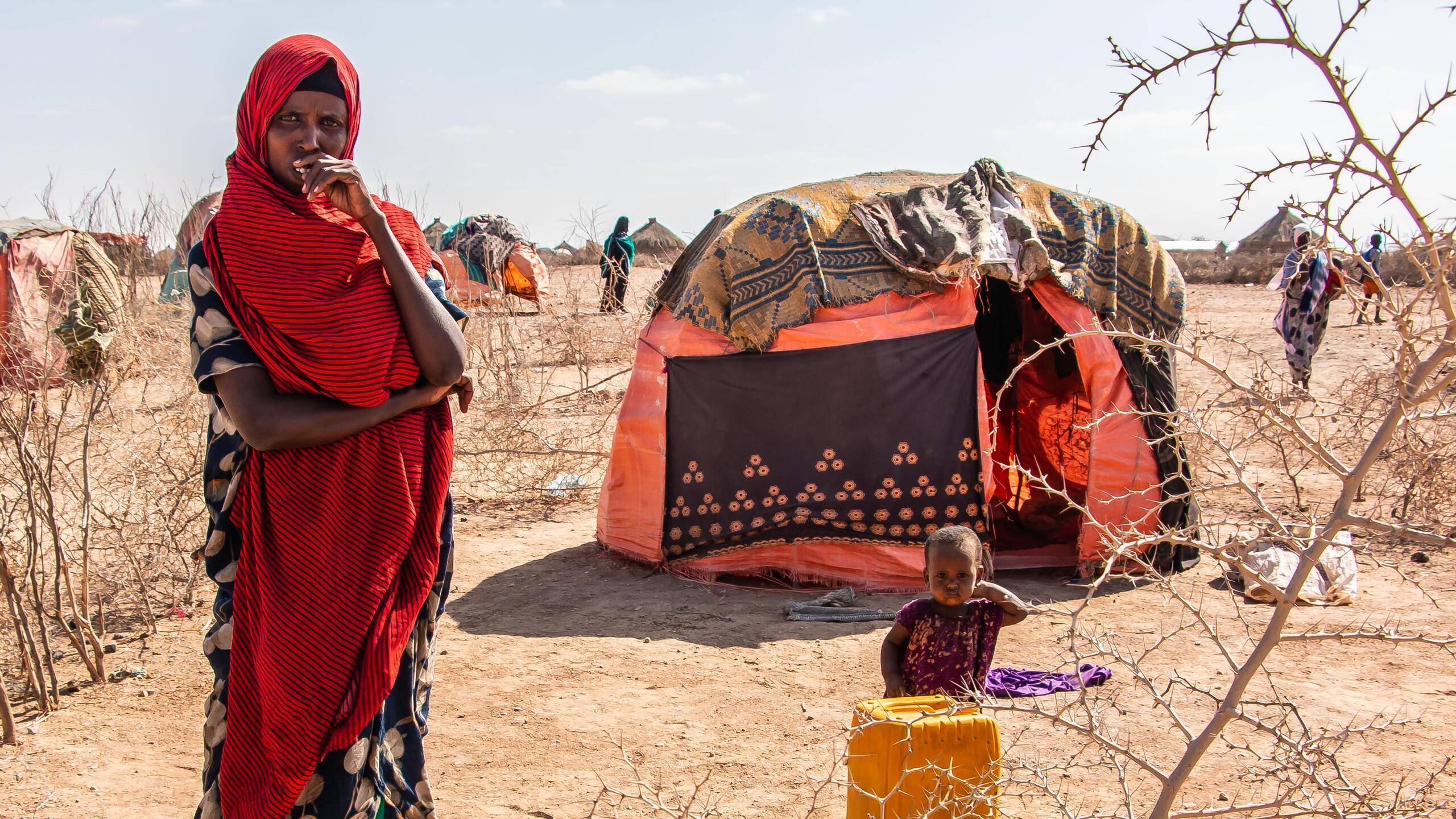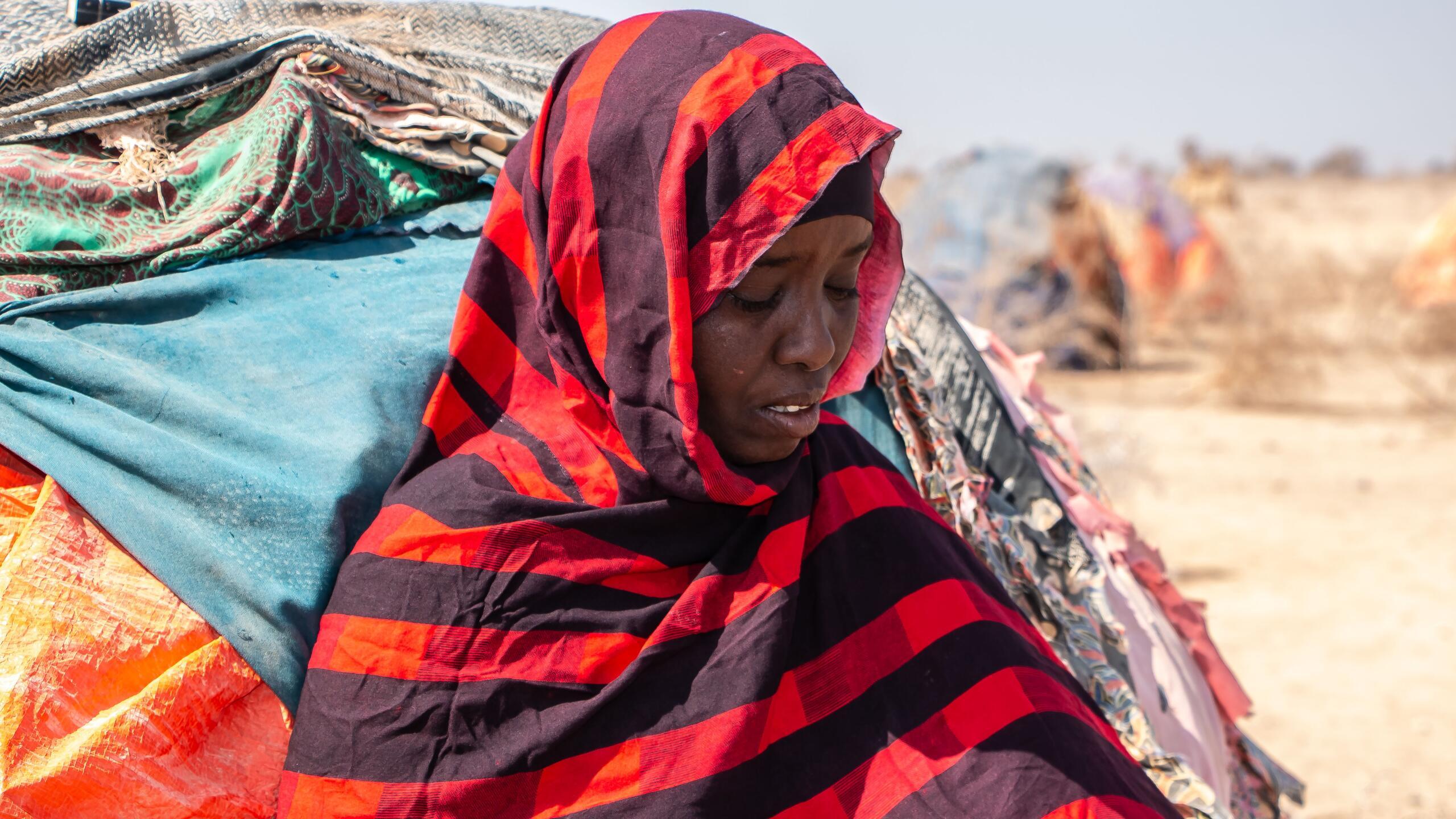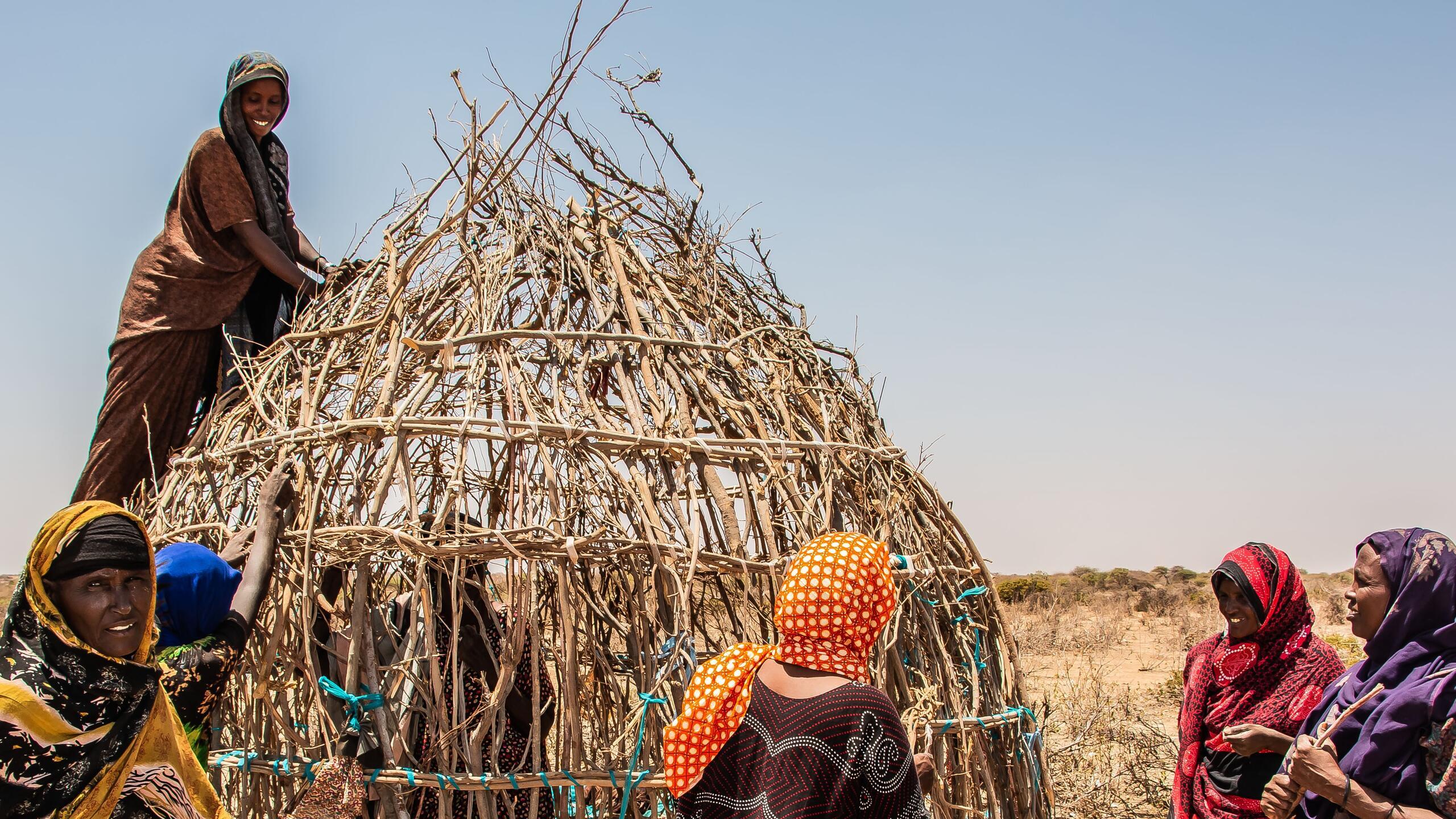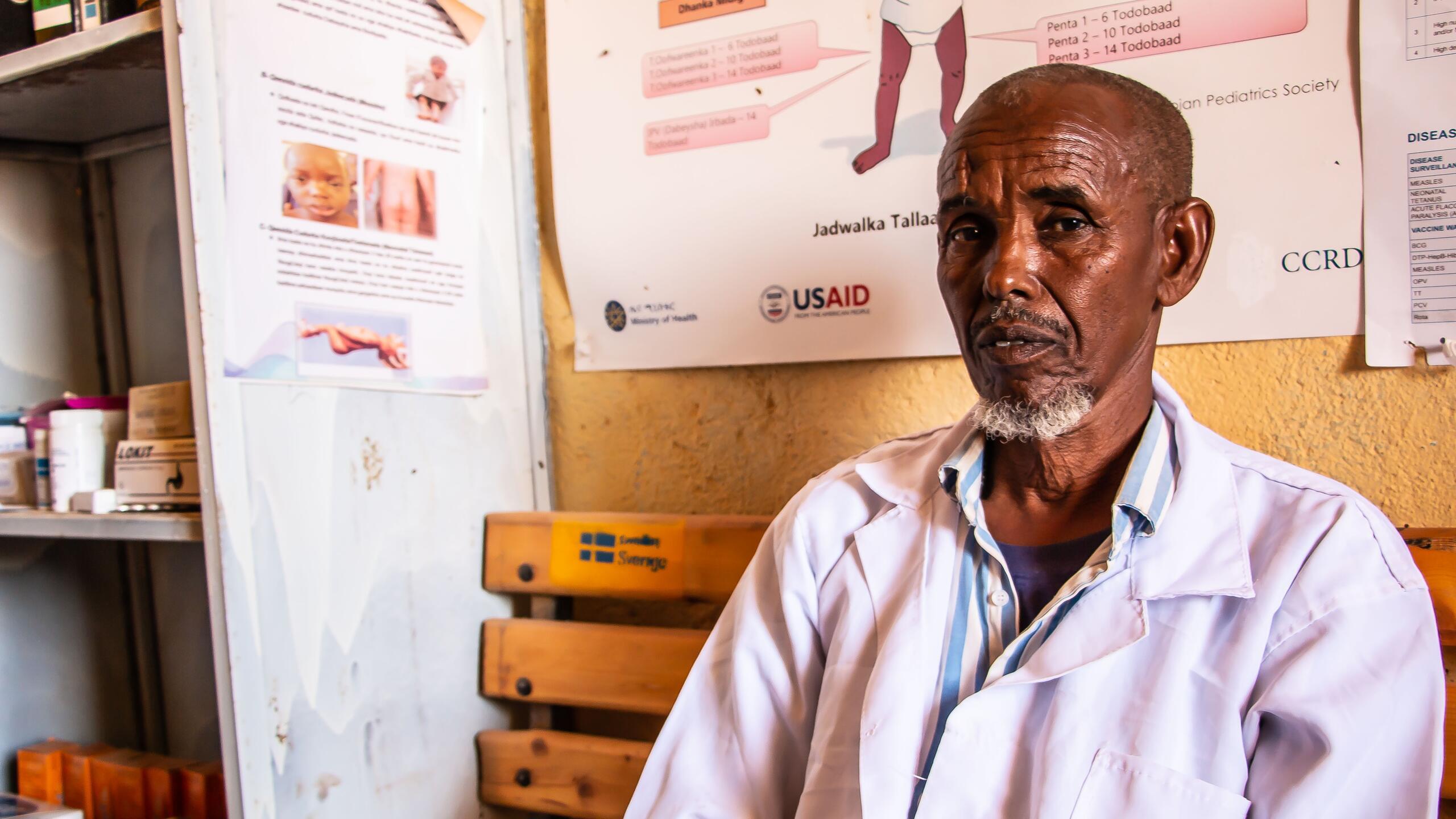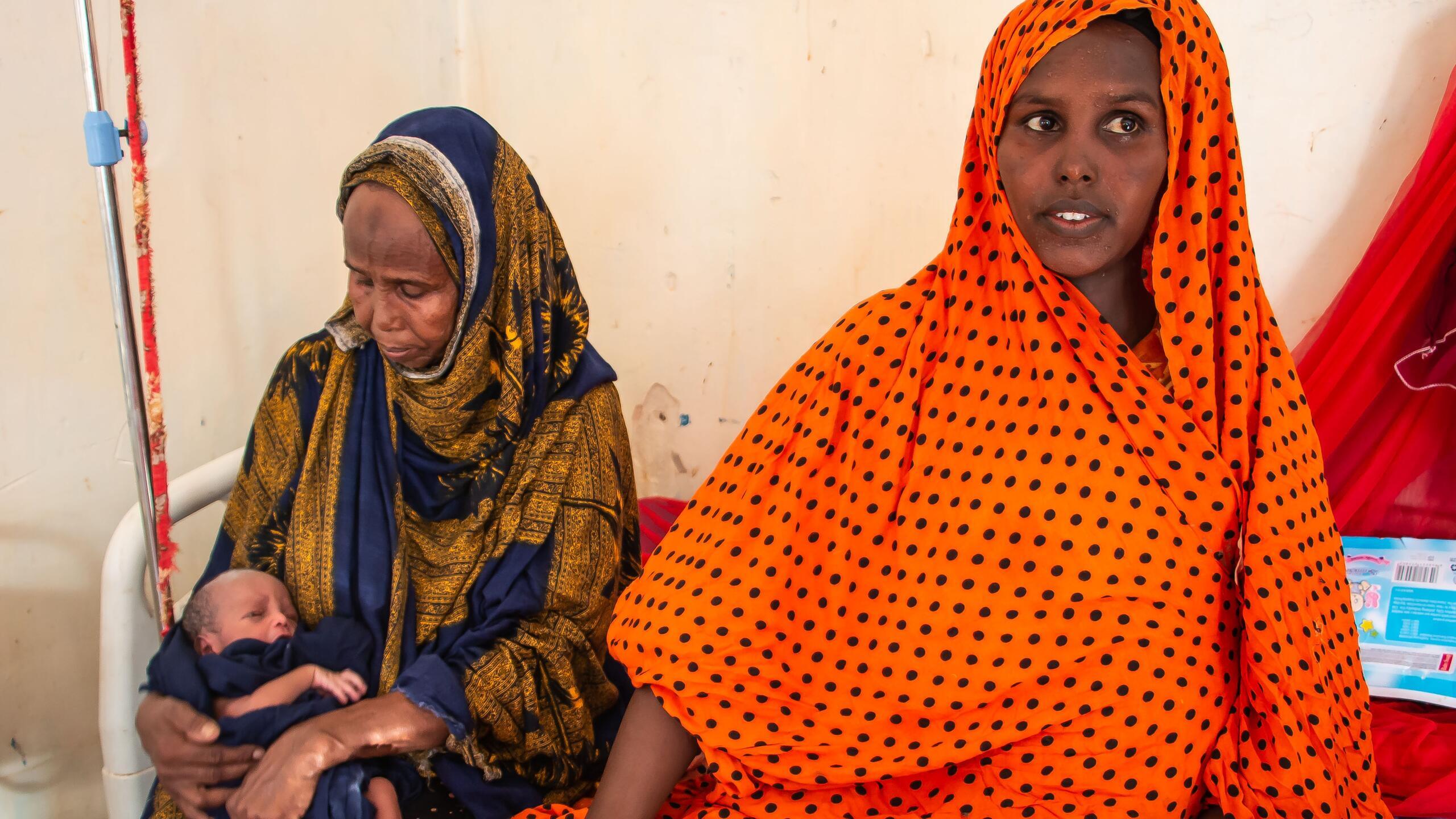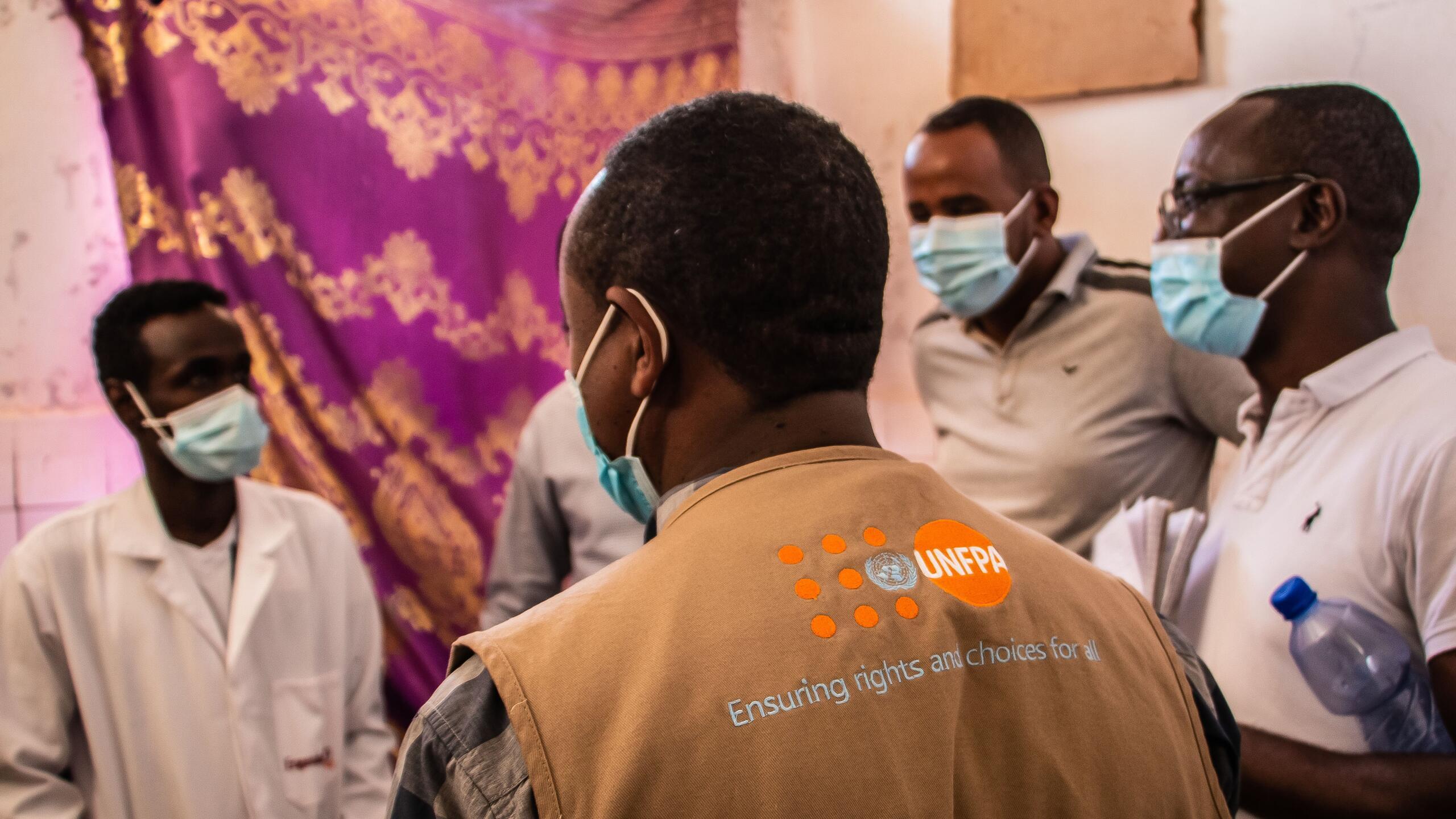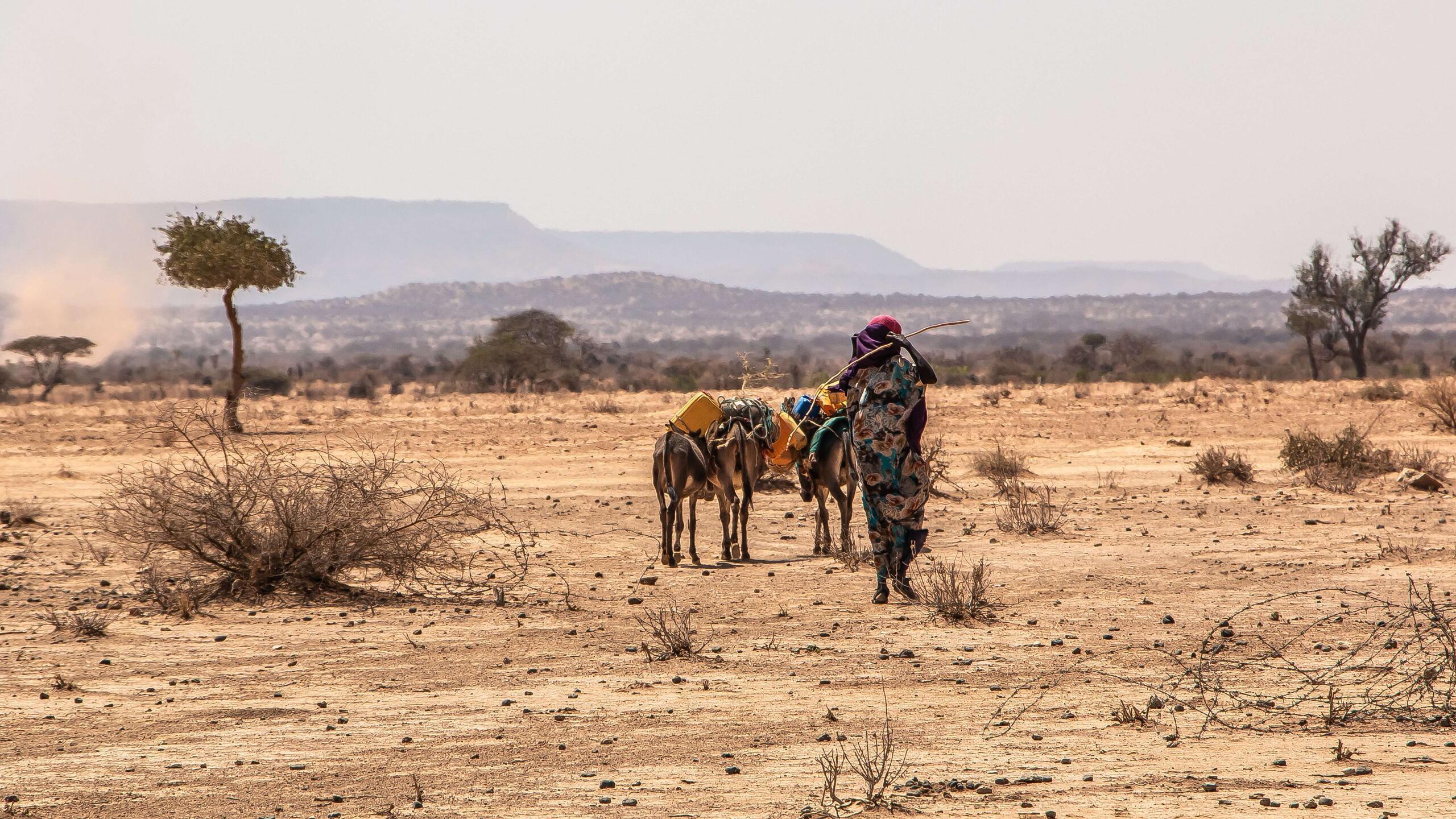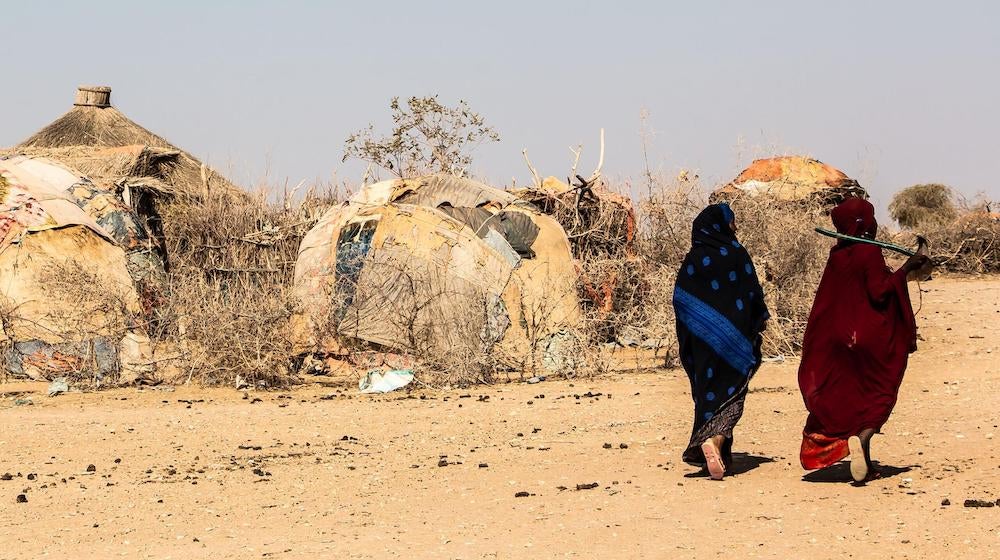
Feature
Drought leaves women and girls in desperation: “If no help arrives, I don’t think we will survive”
Drought leaves women and girls in desperation: “If no help arrives, I don’t think we will survive”
“Of all the droughts I have experienced in my life, this is the worst. There is no water or pasture anywhere you go. I don’t know how we are going to survive.” Ms. Barkhado, 60, is among millions of people in Ethiopia who have been displaced by the region’s worst drought in four decades. The last three rainy seasons failed one after the other, blighting the lives and livelihoods of nearly 8 million people and pushing eastern and southern areas of the country to the brink of famine. More than 286,000 people have been forced from their homes in search of survival as crops, livestock and the hope of putting food on the table are all wiped out.

